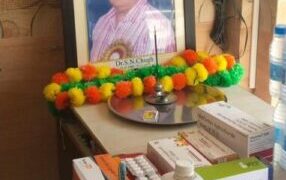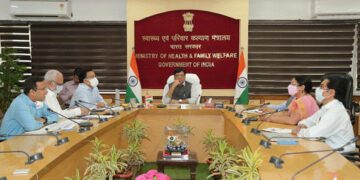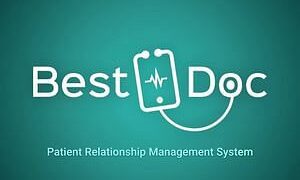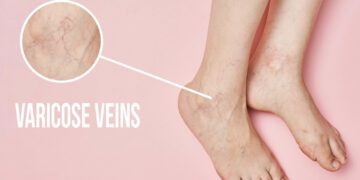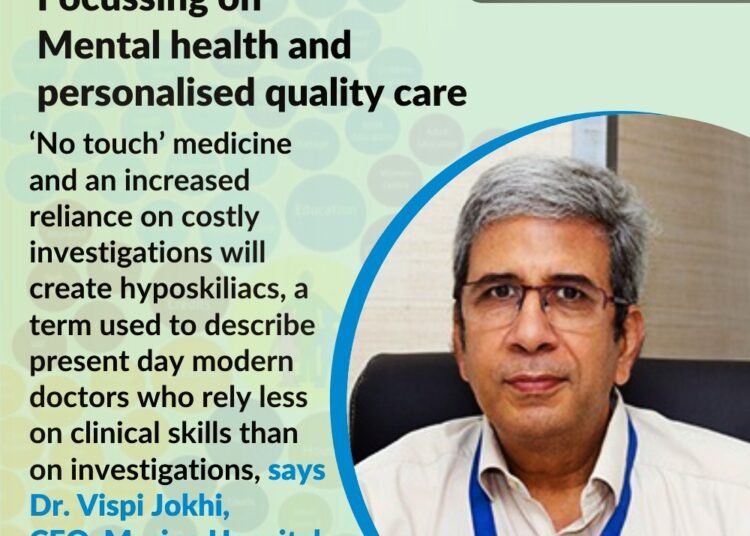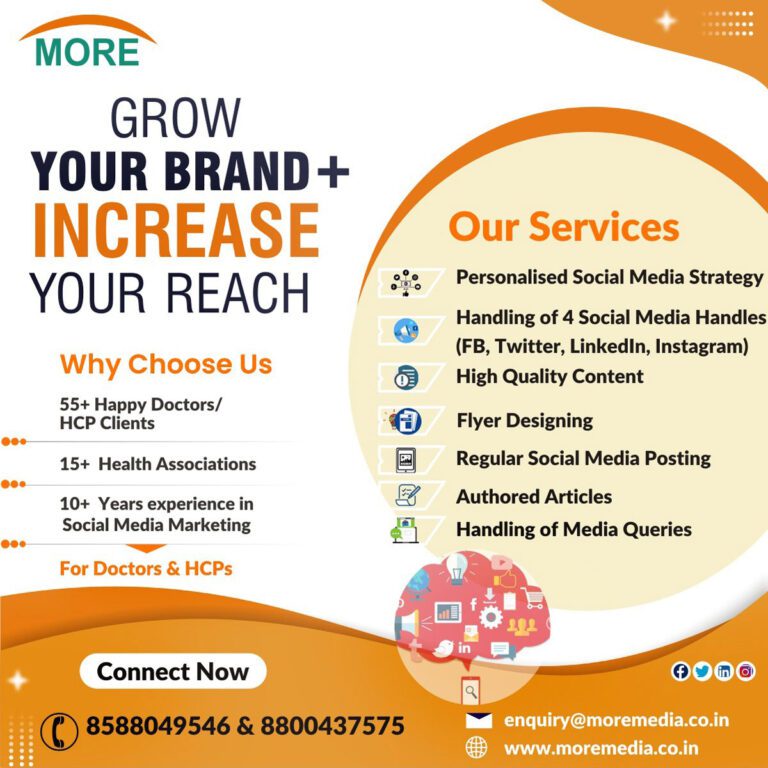How did Masina Hospital cope up during the Covid pandemic? What were the focus areas?
With the outbreak of Covid-19, the hospital started preparing to fight against the pandemic to its fullest. A new Fever OPD apart from casualty was opened last in March to treat the patient with symptoms of Covid. Our experience of treating burns patients in units with basic Air handling units with exhaust helped us to create suitable units rapidly and with ease. With an increase in the number of Covid patients, porta cabins for isolation were urgently ordered by Masina. Timely reporting to BMC/ MOH for Covid OPD/ IPD cases in their format was ensured. The hospital provided HCQS prophylaxis dose to each and every employee. Proper training was given to staff to handle Covid Patients. A ward was set up for suspect or emergency patients requiring treatment who were not tested for Covid infection. We were relying on a strategy of contact tracing and testing with the gold standard of RTPCR for treating Covid infection. The lodging and boarding facility was also provided to crucial staff and quarantined staff to ensure that healthcare service was not affected. Dialysis unit is one of the units which have been able to give uninterrupted services throughout the pandemic on account of repeated screening and stringent protocols. At the peak of the first wave Masina as a designated Covid Hospital provided 102 beds dedicated for Covid care and some beds for other services like cardiology, fracture and trauma care.

In the second wave, we continued from where we left off and with the new armamentarium of 6 High Flow Nasal Cannulation machines and the availability of Cardiac ICU support services. The team of doctors and nurses were working in gruelling shifts to treat the increasing number of the Covid patients. This time the availability of 2 ECMO machines enabled us to take patients with severe lung involvement and provide positive outcomes. The second wave certainly saw a higher mortality rate but also resulted in some great clinical outcomes. Our record of treating thousands of cases with a less than 2% mortality speaks for itself. In this we acknowledge the stellar contribution of our donor Rotary clubs and many other corporates and NGOs, vendors and all our medical, pathological, paramedical and support staff. Everybody rallied around and worked hard to provide compassionate personalised quality care.
It may take a few years before Covid-19 ebbs away, how has the hospital planned to keep up the patient care and engage with the patients?
This realisation is clear to the management and the board of the hospital. We have been able to rediscover ourselves in the past year and a half and have learnt our lessons. Our protocol and SOP’s for Covid and non-Covid services simultaneously are very much in place. The need to invest in very strong medical gas pipe infrastructure with proper backup has been realised and implemented. We are keen to upgrade our infrastructure and provide for monitored beds along with a robust electronic medical records system. As a long-term measure, the hospital is getting involved in training man power to create healthcare assistants who are capable of taking care of the vulnerable geriatric population along with those who require home care.
What is your take on the present and future of the healthcare sector in India? Has technology and Covid totally disrupted it?
Even though public health experts have been shouting themselves hoarse about increased investment in the healthcare sector, I don’t see it happening anytime soon. The abysmal condition of our public health hospitals even in the large metros coupled with the pay cuts despite extra work will have to be addressed and rectified sooner rather than later. I think the most likely positive change is the use of technology in healthcare which will help boost telemedicine. However, the flip side is that, ‘no touch medicine’ and an increased reliance on costly investigations will create hyposkiliacs, a term used to describe present day modern doctors who rely less on clinical skills than on investigations. This can make health care expensive and depersonalised.
In the post Covid scenario, there is an increased need to widen the insurance coverage and give access to quality healthcare from the private sector to a larger number of people. If there are lessons to be learnt from this pandemic, they relate to the fact that beds cannot overcome the lack of trained manpower. I feel there is great need to strengthen the paramedical and medical training to meet the demands of the future. I also hope and believe that the demonising of health care professionals and the trial by media will subside realising the sacrifices and the hard work put in by the medical professionals. Lastly, I feel that an emphasis on preventive medicine nutrition is required along with focus on mental health, which should be backed by insurance cover.
What are your plans for Masina Hospital in this new scenario? Is there any expansion plan?
We offer a diverse array of medical facilities, each supported by the latest in technological advancements and are constantly upgrading our equipment to better serve the city. Over the years, Masina Hospital has upgraded our facilities to ensure the best service to medical and surgical patients. The main building of the hospital is in need of a similar or an even better scaling up of facilities.
This facility will be fully air-conditioned with modern multifunction and remote operated automatic beds with medical gas supply through bed head panels. Along with these, a modern Obstetrics and Gynecology ward and a Pediatric setup with a modern NICU and PICU shall be set up with a totally tech-driven electronic medical records system with access to doctors on mobile apps.
What are the core specialty areas of Masina Hospital and how do you intend to take it to the patient community?
The hospital is a multi-specialty hospital covering all specialties pertaining to the routine specialties. What is unique about Masina hospital is the emphasis on mental health and the provision of comprehensive services relating to the counselling, de-addiction and rehabilitation services. The maternal and child health services of Masina are an important feature of the hospital. The availability of a special Masina Adolescent Child Therapy unit is another unique feature of our services. We are shortly starting a learning disability assessment certification program.
Share your important news at news.healthinfive@gmail.com
Follow Health In Five on LinkedIn, Facebook, Twitter & Instagram
Subscribe on WhatsApp & Telegram to receive real time updates




